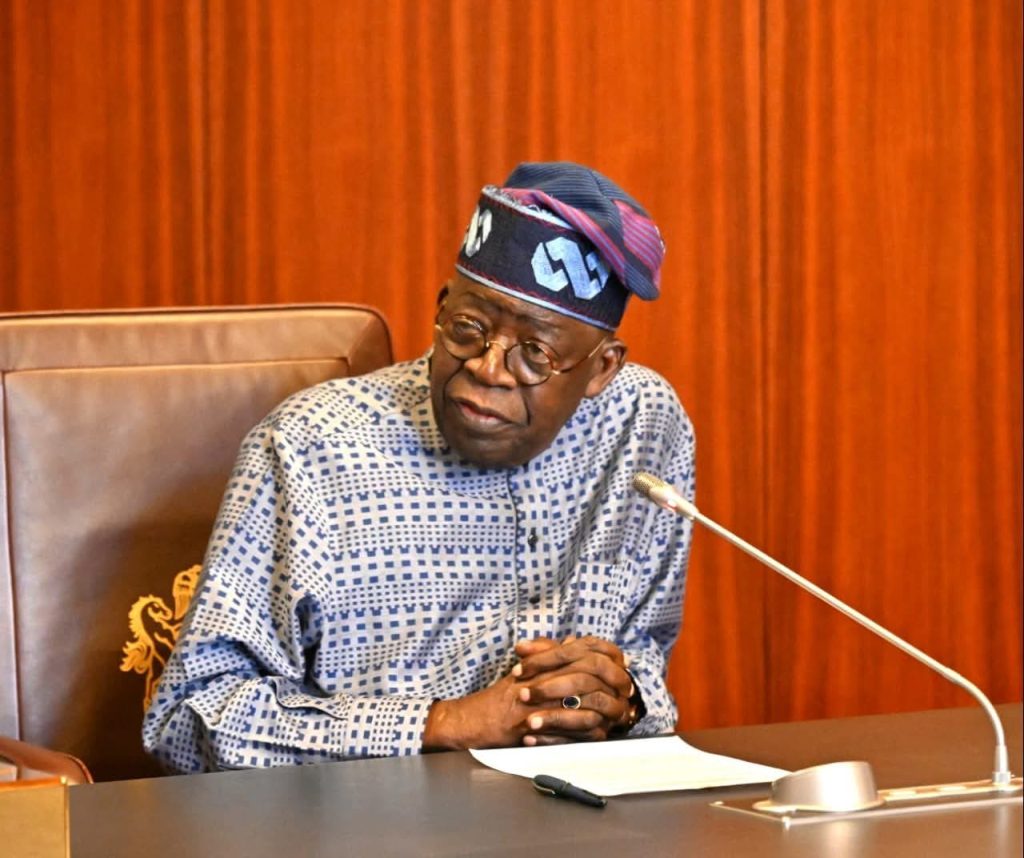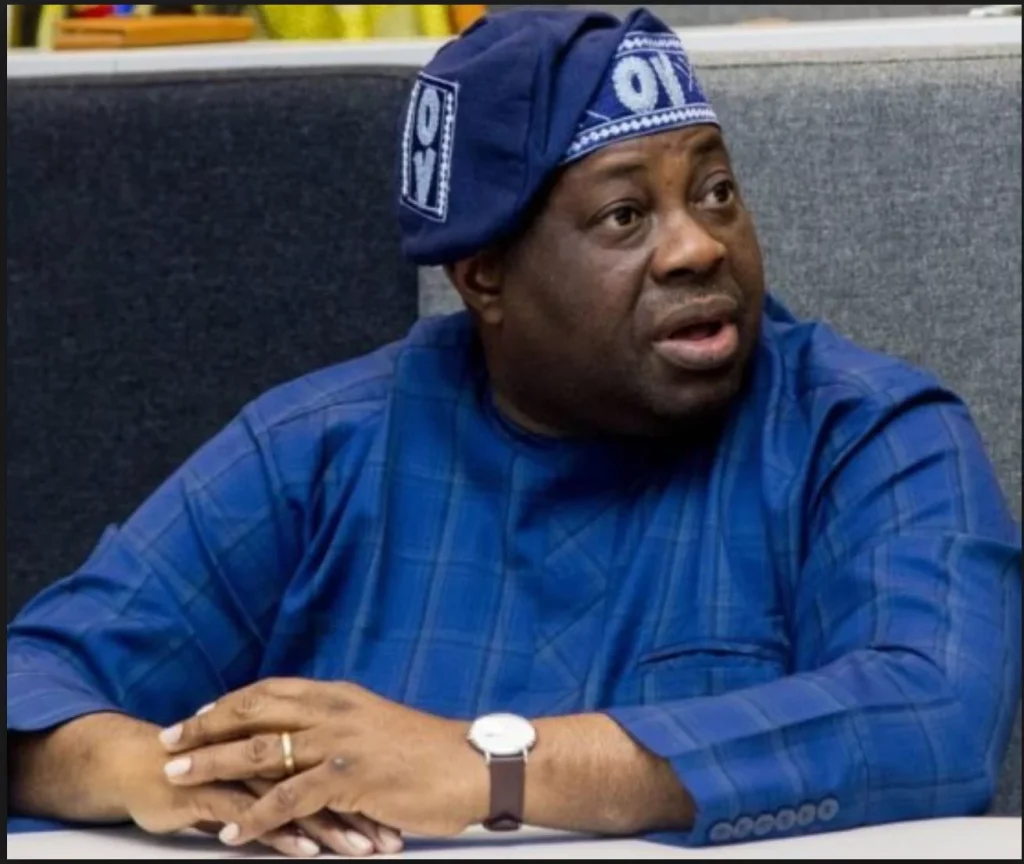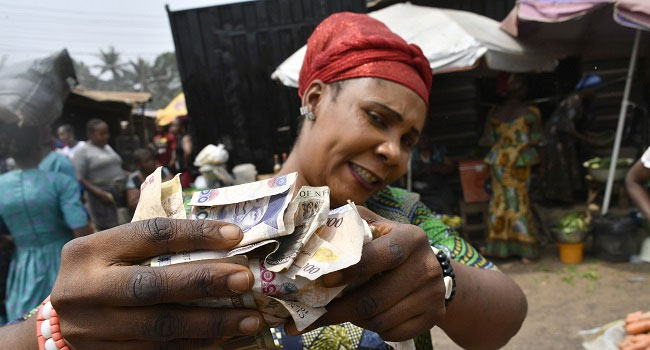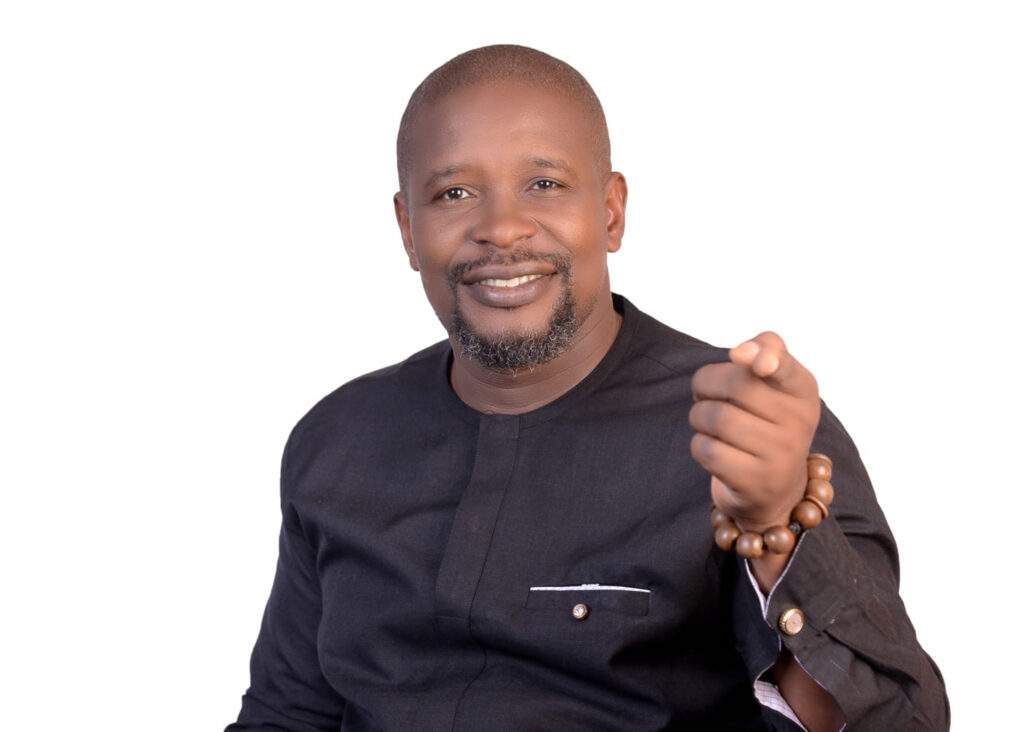The highly anticipated Global Goal on Adaptation (GGA) is perceived as leaving Africa on the periphery of an agenda crucial to its development.
With the surge in both frequency and intensity of extreme weather events over the past decade, the imperative for proactive measures to adapt to the impacts of climate change has gained substantial acknowledgment globally. This acknowledgement is considered as being at the core of the global response to the crisis.
The recently concluded COP28 climate talks in Dubai set the stage for high-level discussions on adaptation and resulted in the establishment of the Global Goal on Adaptation (GGA). Although progress was made, significant challenges and disparities emerged.
On a positive note, there was notable headway on technical aspects. Parties affirmed the connection between adaptation and the goal of limiting global heating to 1.5°C, aligning adaptation more closely with the primary objective of the UN Framework Convention on Climate Change (UNFCCC). Moreover, there was consensus on targets to be achieved by 2030, focusing on the collective well-being of all people, the protection of livelihoods and economies, and the preservation and regeneration of nature. Additionally, an agreement was reached on targets related to the five dimensions of the “iterative adaptation cycle”: impact, vulnerability, and risk assessment; planning; implementation; and monitoring, evaluation, and learning.
Furthermore, the COP28 witnessed encouraging progress on the process of the GGA. The conclusion of the two-year Glasgow-Sharm el-Sheikh work programme, the adoption of a framework for adaptation with clear objectives, the agreement to continue discussions from June 2024 to November 2025, and the launch of a new two-year work programme to decide on indicators for measuring progress were all commendable milestones. Structured negotiations to continue the process of adaptation were recognized as particularly significant, considering that adaptation is an ongoing process that extends beyond mere targets.
Nevertheless, the outcomes of COP28 were not without their drawbacks. The relationship between the GGA and other negotiation tracks, including adaptation, remained ambiguous. The fragmentation within adaptation negotiation streams, encompassing the GGA, the Global Stocktake, the Adaptation Committee, the Adaptation Fund, and national adaptation plans, posed a challenge in establishing authoritative forms of governance to concretely shape global adaptation actions. This lack of clarity in consolidating negotiations may hinder the advancement of adaptation provisions on a global scale.
Moreover, the trajectory of COPs has become somewhat predictable, with ambitious agreements often falling short in implementation. COP28’s outcomes on the GGA seemed to align with this trend.
The core of the GGA is meant to entail effective participation by all countries to achieve agreed adaptation objectives. The African Group of Negotiators has consistently emphasized the need for direct linkages between targets and the provision of support – financial, capacity building, and technology transfer – for implementation. Their call does not appear to seek a new dedicated fund, as there are already multiple funds addressing adaptation-related issues. Rather, African negotiations emphasize the significance of shaping global adaptation policy and the need for empirical data, both of which African countries lack the capacity to collate comprehensively. Their goal is to ensure that African contexts inform the global adaptation discourse, but these assurances were not received.
Ultimately, the outcome of COP28 effectively places Africa as a recipient of framings and conceptual advances provided by industrialized and large emerging developing countries, further marginalizing the continent in an agenda central to its development.
The former UN Secretary-General, Kofi Annan, once underscored that “the recognition that industrialized countries should take the lead in tackling climate change is one of the political cornerstones of the Convention.” However, in the GGA negotiations at COP28, developed countries eschewed these responsibilities, shifting the burden of climate action to developing countries, particularly Africa and the Least Developed Countries.
As the fallout from COP28’s adaptation negotiations sends yet another signal to African governments, it becomes increasingly evident that the continent cannot rely solely on industrialized countries for advancing an African climate agenda.
Dr. Brian Mantlana, a commissioner on South Africa’s Presidential Climate Change Commission, and leader at the Council for Scientific and Industrial Research (CSIR), led the African Group of Negotiators in UN climate change negotiations for over a decade on various topics.



